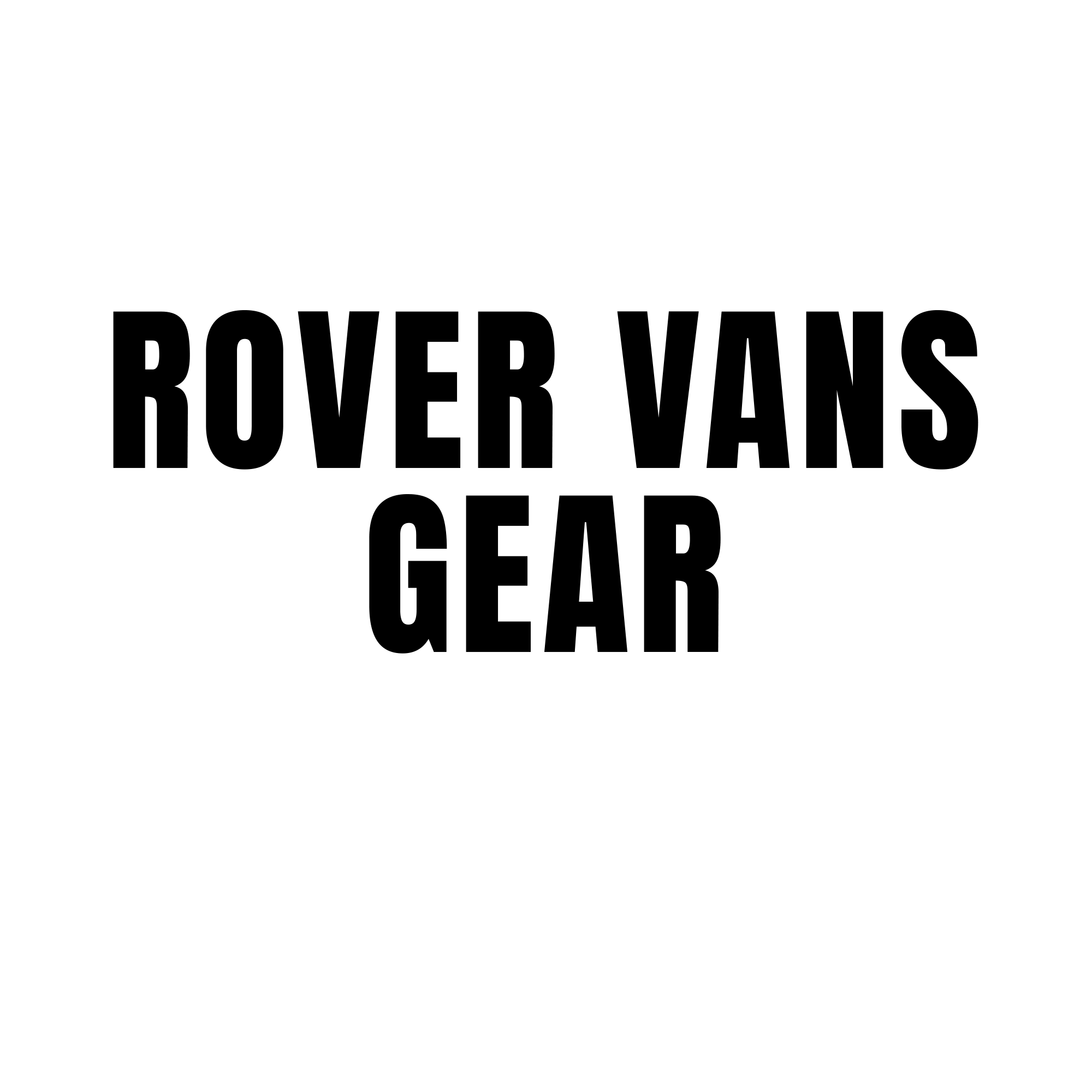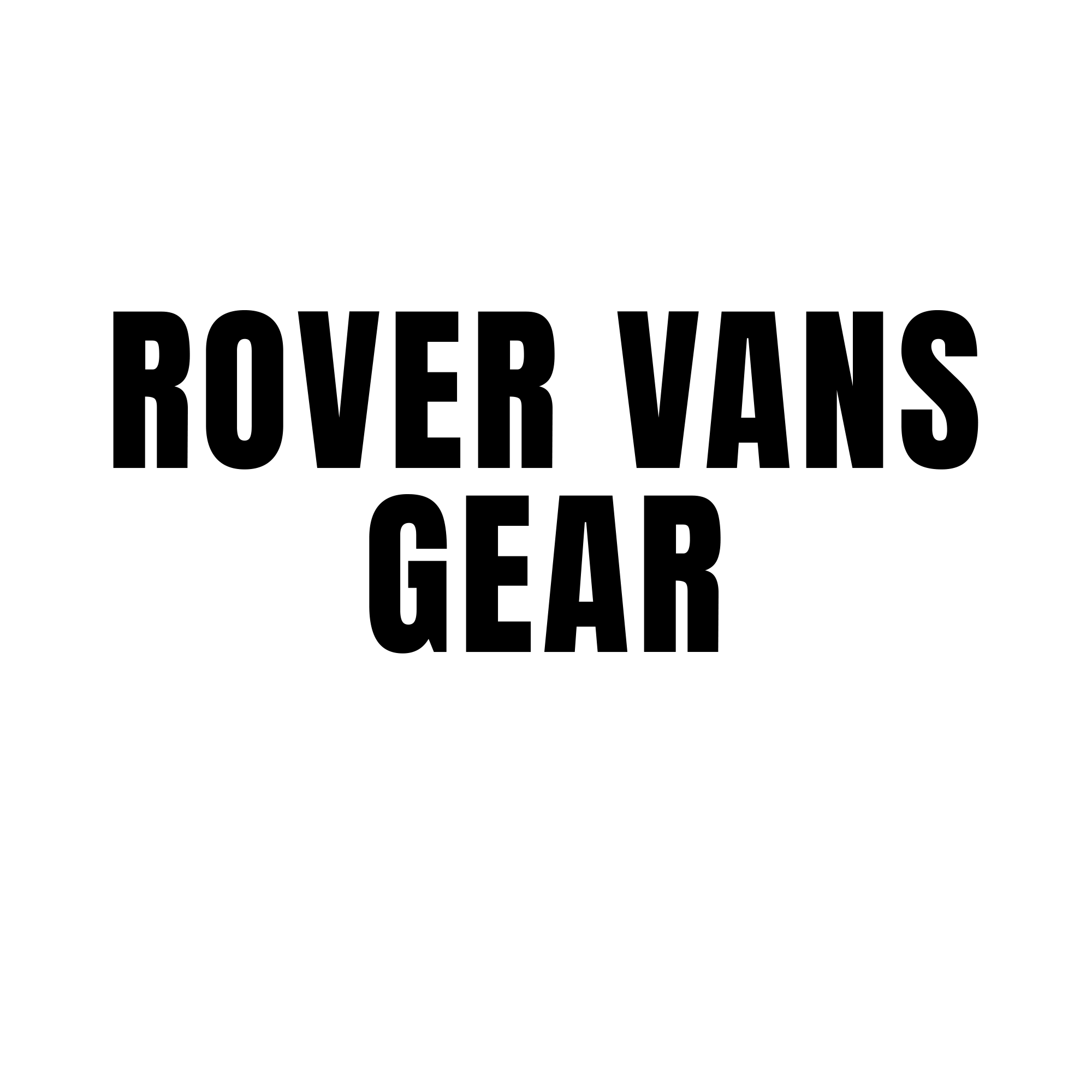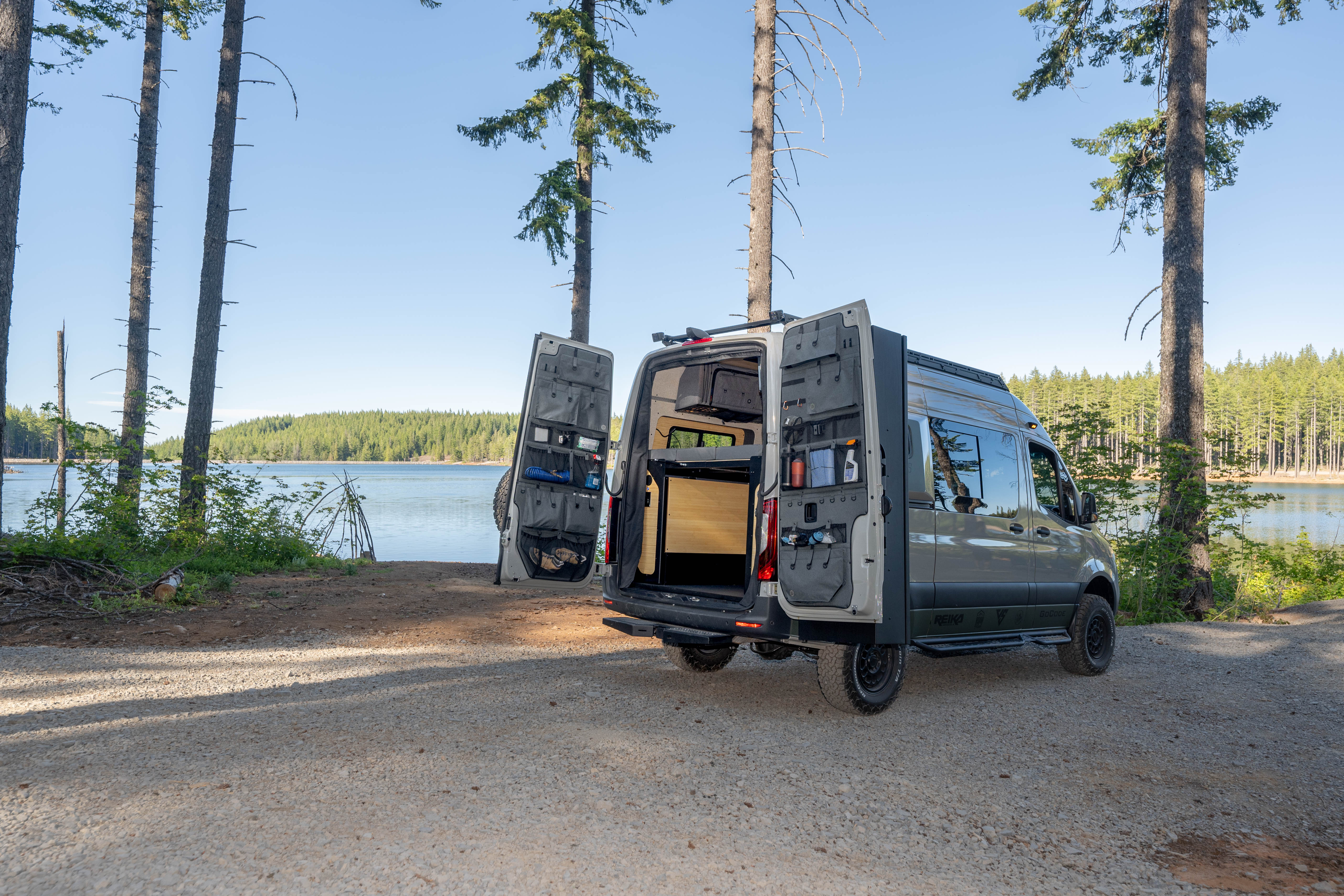Tips for planning and preparing for a campervan trip
Campervan travel is not only about comfort and freedom, but also about the need for proper preparation. In order for your trip to go smoothly, it is worth paying attention to a few key aspects and taking care of every detail.
What is worth having in a campervan for short and long trips?
1. Basic kitchen equipment
Regardless of the length of your trip, it is worth ensuring that your kitchen is properly prepared so that you can enjoy home-cooked meals on the road:
- Gas, electric or camping stove (depending on the campervan's power supply).
- Dishes: pots, pans, plates, cups and cutlery (preferably made of lightweight and durable materials).
- Knives, chopping board, vegetable peeler and can opener.
- Spices, oil, tea, coffee and other basic food products (pasta, rice, canned goods, dried fruit).
- Refrigerator or cooler for fresh produce.
2. Comfort and hygiene
Ensuring proper hygiene and comfort while traveling is the key to a successful trip:
- Quick-drying towels that take up little space and dry quickly.
- Cleaning products: soap, shower gel, toothpaste, toilet paper and wet wipes.
- Portable camping shower or solar shower bag for hot water.
- A supply of drinking water (bottles or reusable containers) and a tank for grey water and sewage.
- Garbage container and biodegradable bags.
3. Essential technical accessories
A well-equipped campervan is one that can cope with minor breakdowns and technical challenges:
- Extension cords, power strips and adapters for campsite sockets.
- Headlamps, LED lamps and solar lights for evening walks or illuminating a space.
- First aid kit containing bandages, plasters, disinfectants, painkillers and medicines for digestive diseases.
- Basic tools: wheel wrench, screwdriver, pliers, repair tape, tire repair kit.
- A fire extinguisher and fire blanket in case of fire.
4. Entertainment and relaxation
Travelling by campervan is also a time for rest and fun:
- Books, audiobooks or an e-reader to save space.
- Board games, cards or party games for the evenings.
- Portable speaker, powerbank and chargers for electronic devices.
- Sports equipment (bicycles, surfboards, kayaks) or travel accessories (binoculars, camera).
5. Additional accessories for longer trips
On longer routes, it is worth considering additional amenities:
- Solar panel for charging batteries and a converter for powering electrical devices.
- Portable refrigerator for fresh produce.
- Offline GPS maps, route planning apps and RV parking tips.
- Waterproof covers for camping equipment and furniture.
Checklist of things to consider when buying a campervan
1. Type of campervan
Choosing the right model depends on your needs and travel style:
- Compact van – easy to drive, perfect for short trips for couples or small families.
- Large camper – more spacious, fully equipped (toilet, shower, kitchen), suitable for longer trips.
- 4x4 model – for lovers of adventure in difficult terrain.
2. Technical condition
- Check the engine, suspension, brakes and tires.
- Pay attention to the tightness of windows, doors and water and gas installations.
- Check the batteries, alternator and condition of solar panels (if fitted).
3. Interior fittings
- Make sure the beds are comfortable and suitable for the number of travelers.
- Check the presence and operation of the stove, sink, refrigerator, and storage space.
- If you are planning longer trips, make sure the campervan has a toilet and shower.
4. Economy
- Check your average fuel consumption and range on one tank.
- Find out about operating costs, insurance and spare parts availability.
- Assess the possibility of later resale of the campervan.
5. Additional systems and facilities
- Solar panels and additional battery for energy independence.
- Air conditioning, auxiliary heating and insulation for colder days.
- Storage for sports equipment, a bike rack or a roof tent for more space.
Practical tips on the route
- Plan your route, but be flexible – some places are worth a longer stop.
- Use campervan apps like Park4Night to find safe places to park.
- Remember about ecology: separate waste, use biodegradable cleaning products and save water.
- Avoid overloading your campervan to stay safe and reduce fuel consumption.
Summary
Planning a campervan trip requires taking into account many aspects – from choosing the right model to preparing for every eventuality. Thoughtful organization and investment in the right equipment will make your trips not only more comfortable, but also unforgettable. Set off on the road with the certainty that nothing will surprise you!




Share:
The history of campervans – how have they changed over the years?
Advice for beginners: how to start your campervan adventure?